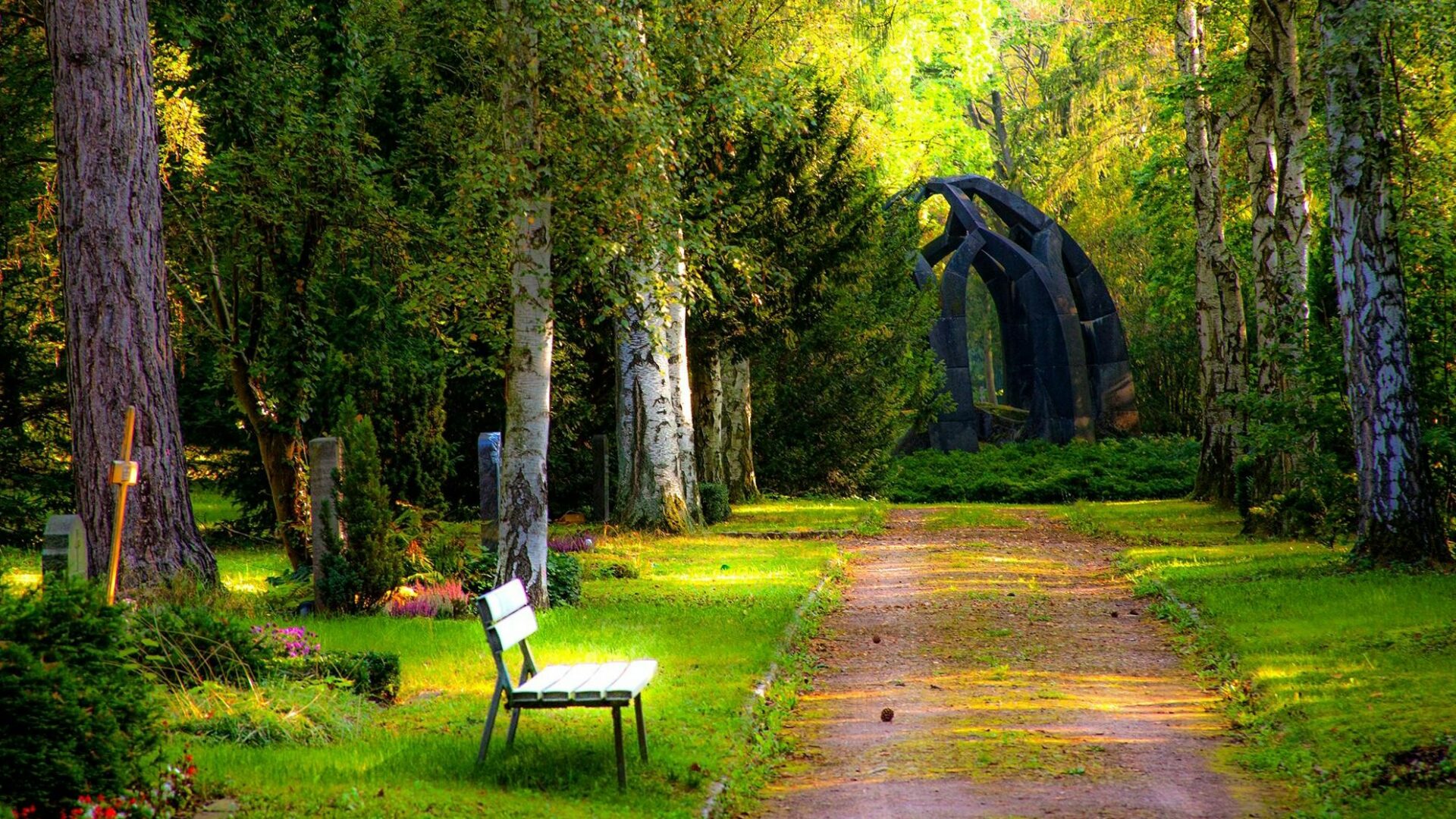‘What losing my father taught me about how LGBTQ people grieve’
"Should I come out to 150 strangers at a funeral?" recalls Amy Wilson of writing her father's eulogy, as she shares her story for Mental Health Awareness Week
By Amy Wilson

Aged 22, I stood before 200 people, my father’s eulogy shaking in my hand. I’m an experienced public speaker, but I’d never had to be that vulnerable, and was terrified my voice would fail me.
It didn’t. The eulogy went smoothly and I was congratulated on a worthy tribute.
When he’d died three weeks earlier, being a lesbian wasn’t exactly a priority consideration. The man who’d had my back through every stage of my life was gone. I wouldn’t get to do him proud by being the first in our family to graduate, or call him when I had a rough day on placement, or just give him a hug. I now had adulthood to figure out without him, a dissertation due in four weeks, a funeral to plan and a will to execute. There were more important things.
And yet, I kept running into it. There were lots of little moments where it wore on me, but there were two big moments that stood out.
The first came when writing the eulogy. One of the most important moments I had with my father was when I came out to him and he said “there is nothing you could do that would mean I am not proud of you”. But I found myself debating whether I should include it – should I come out to 150 strangers at a funeral? Or should I leave out one of the defining conversations of our relationship that showcased my father’s unconditional love?
The second came at the wake. One of my father’s old colleagues struck up a conversation with my mother about me. Rather than asking about the eulogy, my degree, my job, or anything else about my life, he decided the appropriate topic of conversation was to ask why my hair was like that.
I brought these points up at a grief support group. It felt like too much energy went into considerations like “Do I bring my partner to the funeral?” and “Do I correct the person at the wake who thought I was a boy?” rather than grieving. But I found a lot of blank faces, and rapidly realised I was the only LGBTQ person there.
Around this time, I’d started my hospice placement. While in the kitchen making a cup of tea for a woman keeping vigil at her mother’s bedside, my eyes strayed across a booklet about bereavement and being LGBTQ. I took it home and, as I flicked through its pages, I saw my thoughts on paper – my frustration of having to filter my experiences through a certain lens even when going through something as vulnerable as grief.
Like any good medical student, I did some further research. Again, I saw my experience. My father isn’t the first person I’ve lost in the last few years, and that wasn’t uncommon. For older LGBTQ people who’ve lived through HIV and AIDs, and younger LGBTQ people who have increased rates of death by suicide, LGBTQ people often experience multiple difficult bereavements across our lifetimes.
As I read further, stories other people had shared started to play across my mind. A friend of a friend who’d never gotten the right gender marker before she passed. A boy I’d met in passing at a party who never got to say goodbye to his grandmother because she’d never accepted his sexuality. An older woman at a protest who couldn’t contribute to her friend’s funeral because his parents ignored chosen family. Someone torn up with guilt that his father never got to call him his son. Another man who had no say in his partner’s end of life care because they couldn’t legally marry and had spent the funeral being called his partner’s “friend”. Story after story about a wedge being driven between someone and their ability to properly feel their grief.
During my research, I also found an LGBTQ bereavement support group I could attend online. It’s a leap of faith attending a group like that and once again I found myself wondering whether my voice would fail me as I tried to open up.
Like me, most of the people there had multiple bereavements under their belt. They shared the stories I’d heard before, but putting new names and faces to them, alongside new stories about how intersecting disabilities, cultural backgrounds and the isolation of old age further affected their grief. In a society where death is often too taboo to discuss, the candid and sometimes joyful stories meant that my voice was easy to find.
Despite the fact that grief will touch all of us, it is a profoundly lonely experience. Being LGBTQ may shape your experience in a way that will make you feel even more alone. But through my own experience, through learning what it means to grieve as an LGBT+ person in all its complexity, I have learned that none of us really are.
So, to any LGBTQ person experiencing grief right now, I want to say two things: One, I am so, so sorry. And two, you are not alone.
Amy is an ambassador for Just Like Us, the LGBTQ young people’s charity. Just Like Us needs LGBT+ ambassadors aged 18-25 to speak in schools – sign up now.
